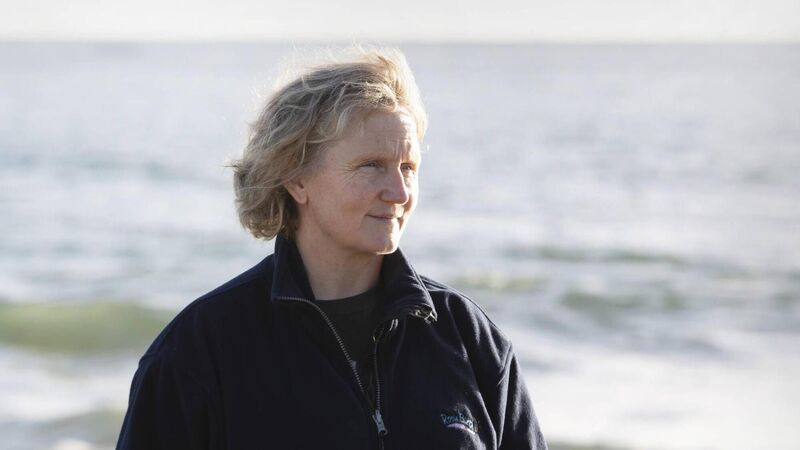Water is a place of redemption and transformation in novel

Roisín Maguire writes of the alluring nature of the ocean for humanity through the years. Picture: Muiread Kelly
When I was six-months-old, I fell into the sea. We were on a battered old tub of a row-boat, the kind of thing Popeye would use to skim over the waves, and it was stuffed full of my cousins, sisters, my uncle the skipper, and me.
BOOKS & MORE
Check out our Books Hub where you will find the latest news, reviews, features, opinions and analysis on all things books from the Irish Examiner's team of specialist writers, columnists and contributors.







